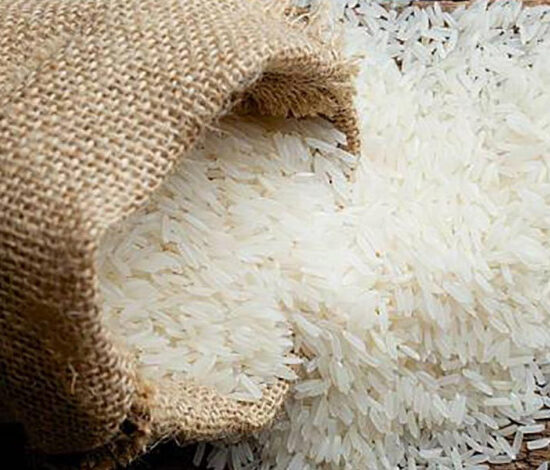
The Millers Association of Zambia – MAZ says over 1,500 metric tons of mealie meal out of the earmarked 120,000 tons has been exported by the private sector.
Last month, government through the Ministry of Agriculture lifted the ban on the exportation of mealie meal aimed at ensuring a smooth flow of exports.
MAZ president Andrew Chintala told Zambian Business Times-ZBT in an interview that the export of mealie meal will enable its members to raise resources to take part in the 2019 crop marketing season.
Chintala said the quantity of mealie meal that has been exported is just a drop in the ocean which shows that there is more demand across the borders and that it is a good move at earning the country the much-needed tonnage.
He said the association is applying to the regulatory export regime which has allowed private sectors to export mealie meal with the idea of enabling traders release space for storage of the new crop coming on the market next month.
“The association is progressing very well in terms of exports and we are very happy at the level of mealie meal exportation hence we will be committed to delivering affordable and quality mealie meal to our people,” he said
He said having established that the country currently has in excess of 700, 000 metric tonnes of maize grain stocks, the association is certain that mealie meal prices will be well placed following the recent complaints from consumers on the hiked prices of the commodity.
He adds that the mealie prices do not arise out of human decisions but circumstances of demand in the commodity hence has assured the public that the coming in of new grains will drop the price at an affordable level.
He has however urged farmers, millers and grain traders to take advantage of the market and close deals with importers in cross border markets.
In addition, he said there’s need for the country to develop a predictable and transparent agricultural commodity marketing system.







